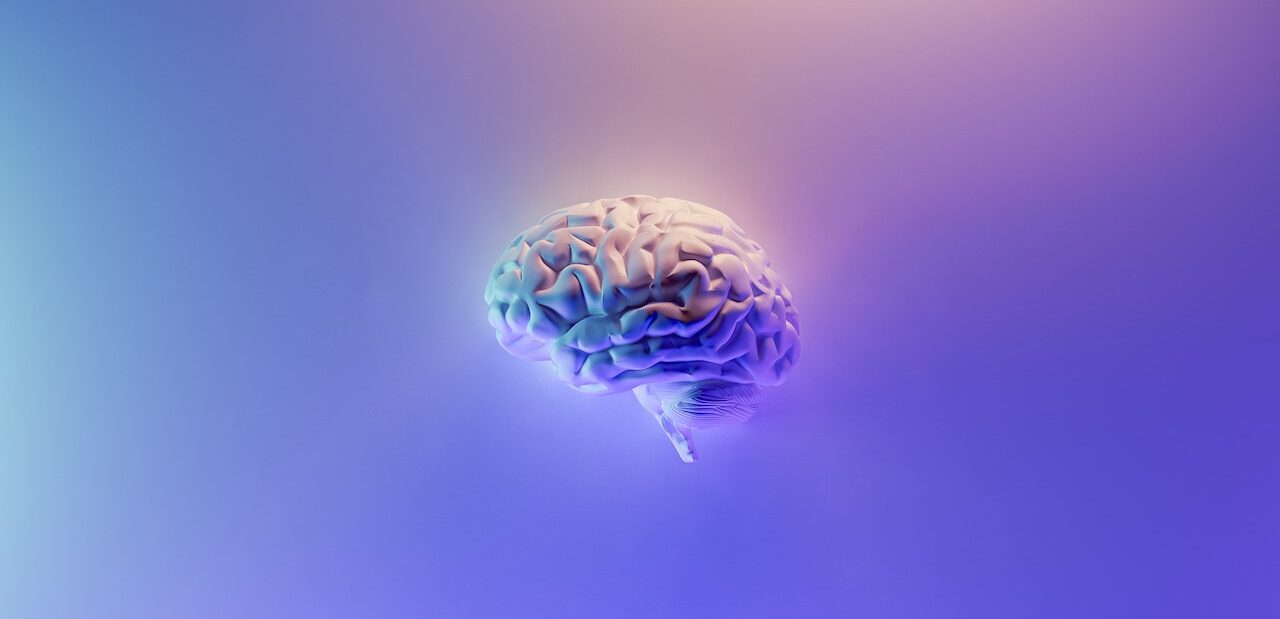Are we slaves predestined to be as we are, or do we have free choice? This is one of the great questions of humankind. The American science writer, John Horgan, has written an article entitled, “Does Quantum Mechanics Rule Out Free Will?”[1] in which he talks about “superdeterminism”.
Superdeterminism is a concept first proposed by the Irish physicist, John Bell. He was troubled by three things: 1) the apparent randomness of quantum events, 2) the phenomenon of quantum entanglement (where what is done to one sub-atomic particle is instantly mirrored in another particle that it was once entangled with – even though they are now a great distance apart), and 3) the bewildering fact that the form of a sub-atomic particle depends on whether or not it is being observed by a “consciousness”.
Bell said that the scientifically untidy problems of probability, interconnectedness, and the mystery of the role of consciousness in quantum physics, all disappear if it is understood that everything is pre-determined, so that it cannot be anything else. In essence, he suggests that the reason things don’t look to be predetermined, is that we don’t yet know enough. When we know more, we will know that things haveto be what they are.
At first blush, this conviction simply appears to be a “faith statement”, a hoped-for scenario that is impossible to verify. As such, I’m not sure it is persuasive. Bell and his disciples seem to be looking for a mechanism that will return the mysteries surrounding reality to a deterministic prison where scientific reductionism can once again regain control. One wonders if ideological factors rather than scientific ones motivate this theory.
At the heart of the matter is the question of how to reconcile the deterministic (cause and effect) patterns we seen in science with the untidy realities of consciousness and randomness that are also seen in science. At the foundation of all these questions is the mystery of human existence. Did a consciousness intend us to exist? Is there a telos, a meaning and purpose to our existence?
It is significant that whilst science struggles to answer these questions – having to choose between scientific reductionism and what looks to be metaphysical consciousness, Christian theology does not. In fact, superdeterminism could, in its broadest sense, be considered to be a euphemism for God. This is ironic given the suspicion that the concept was devised to obviate the need for God.
Christians believe that fundamentally, everything exists because of the consciousness of God. They also understand that a rational universe exists because God is rational and wants to be understood, at least in part, through his creation (Psalm 19:1-4; Romans 1:19).
If superdeterminism is given an atheistic overlay, it can be used to give support to the idea that the essential pre-requisites of the universe have existed eternally without reason… and that everything that happens in the universe is predetermined by physical laws that have arisen by chance. An atheist might note that quantum “entanglement” suggests that everything is interconnected, from which they infer (somewhat spuriously) that everything is pre-controlled. There is therefore no such thing as free-will.
What all this highlights, of course, is the mystery surrounding who, or what, is the “first cause” or, in Aristotle’s words, “prime-mover” of the universe – or whether a first cause even exists.
The American theoretical physicist, John Wheeler (1911-2008) was one person who was convinced, through his science, that a causative “consciousness” exists, and that because this consciousness wanted humankind to develop, we are “participants” in a grand plan.
The celebrity atheist, Richard Dawkins, does not agree. His is a deterministic world. We are just a chance collection of atoms. Somehow, these atoms have stumbled on the ability to assemble themselves into genes, and we hapless humans simply have to dance to their tune.[2]
In essence, this debate is the modern day version of what has arguably been the greatest debate humankind has ever engaged in. It is a debate that became prominent when the atheistic-orientated Epicureans argued with the theistic Stoics (from 400BC to 200AD). At its heart was the question: Does the universe exist by chance or design?
Superdeterminism really has nothing to add to this debate. Atheists claim that blind physical forces exist without reason, and that these forces determine (and perhaps predetermine) everything. On the other hand, theists claim that there is a degree of truth in superdeterminism, because God, who stands outside of time, has determined that humankind come into existence – as John Wheeler believed.
A number of questions and observations arise from thoughts of superdeterminism. The first is that interconnectedness doesn’t necessarily mean that everything is predetermined. One needs to ask is how connectedness would cause anything to be predetermined. Crucially, superdeterminism fails to address the question of “first cause”. What starts the web of interconnectedness off? It seems that we are inevitably drawn back to John Wheeler’s cosmic consciousness, i.e. God.
[1] John Horgan, “Does Quantum Mechanics Rule Out Free Will?” Scientific American(March 10, 2022), see: https://www.scientificamerican.com/article/does-quantum-mechanics-rule-out-free-will/
[2] Richard Dawkins, The Selfish Gene (Oxford: Oxford University Press, 1976).


